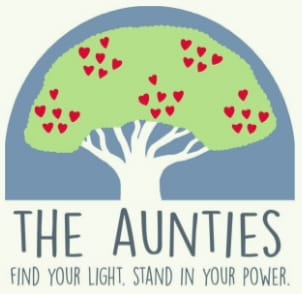It’s Domestic Violence Awareness Month.
So here’s some things to be aware of.
DV, bullying, gaslighting, physical/sexual/psychological violence. It’s all the same thing. They’re all mechanisms of power and control.
Power dynamics, power differentials are important.
Differentials in (and these are all and/or)
- Age
- Physical strength
- Wealth
- Gender and accompanying social constructs
- Power from position = eg boss/ employee
Are all to be considered
The power may be real or perceived, by both parties.
The gap in the differential is where the abuse slots in.
Remember you’re not giving your power to anyone, you have it, but they operate by making you forget that you do. By reminding you of how powerful THEY are.
An abusive relationship, of any sort, is one where the abuse is patterned and consistent.
Most abuse does not consist of extreme physical violence.
It’s a number of things - from control of $ to gaslighting to pushing and shoving.
We have a narrative around what it looks like, and that is mostly false. We have a narrative around who it happens to, or who does it, and that is mostly false.
The stats do not accurately reflect the reality which is this…
Most DV or abuse is never reported.
The abuse in the relationships of pākeha cis het, or LGBTQIA+, is rarely reported.
And if it is, it is rarely acted on.
So we get a very skewed idea of where it’s happening most.
Police acknowledge that 50% of relationships are abusive.
The estimates are more like 70%.
We don’t have the services in this country to effectively deal to DV, because we don’t even acknowledge that leaving has nothing to do with stopping it. The power to end abuse, in DV, for the most part, lies solely in the hands, ironically, of those being abused.
80% of cis het women who end up in a safe house will return to their pre-existing relationship.
Pākeha cis het women rarely end up in safe houses.
They rarely leave.
And if they do, family courts are used as a weapon.
There are no safe houses, essentially, for cis het men. There are only one or two that will take trans women. Hardly any take disabled people. Or people who have chronic mental illness.
So what do we do about it?
For the victims, we start by understanding that leaving is not the solution. Repairing, healing, reminding them of their own power is.
But we continue to treat people as victims and we never acknowledge their power and strength. We blame them for staying, we shame them. We don’t help because we are too busy judging when we may be in the same situations ourselves.
For the people who enact the abuse, we have effective healing programmes available, we acknowledge that their hurting people has to do mostly with them being hurt, and we have resources available. We punish the extreme stuff appropriately.
We believe victims.
We raise our sons to be respectful of other people.
We teach civics and consent in our schools.
We model healthy relationships at home, if we know what that looks like, and most of us don’t.
And we teach our kids just to be good humans.
Not good men.
Or good women.
Just good humans.
We start there.
